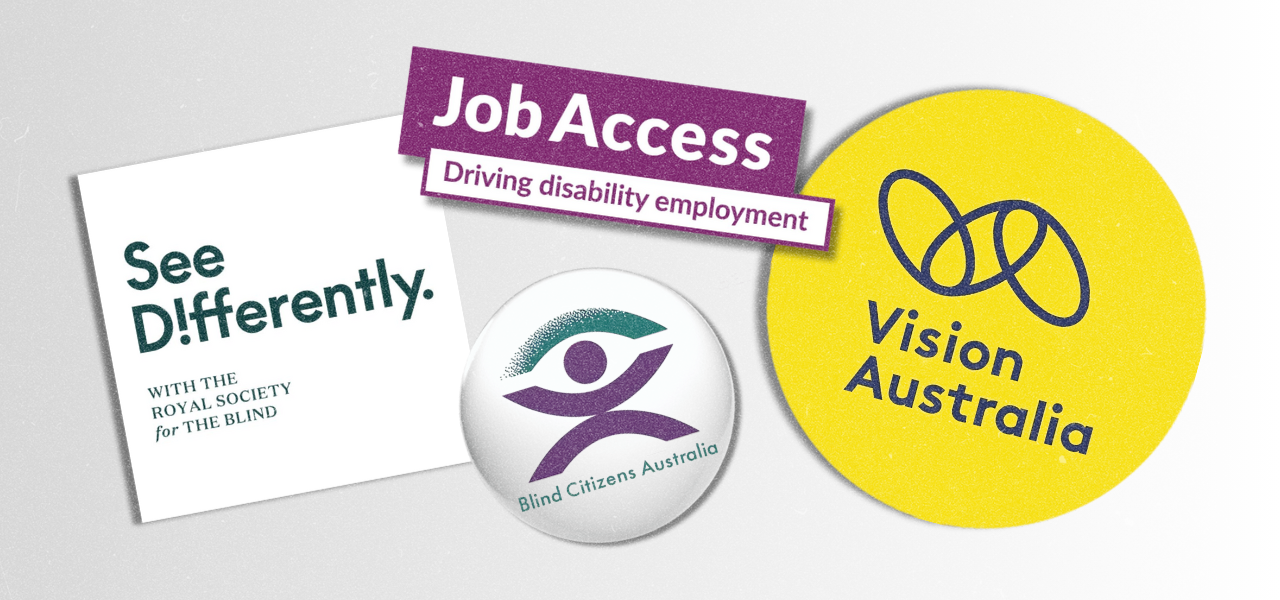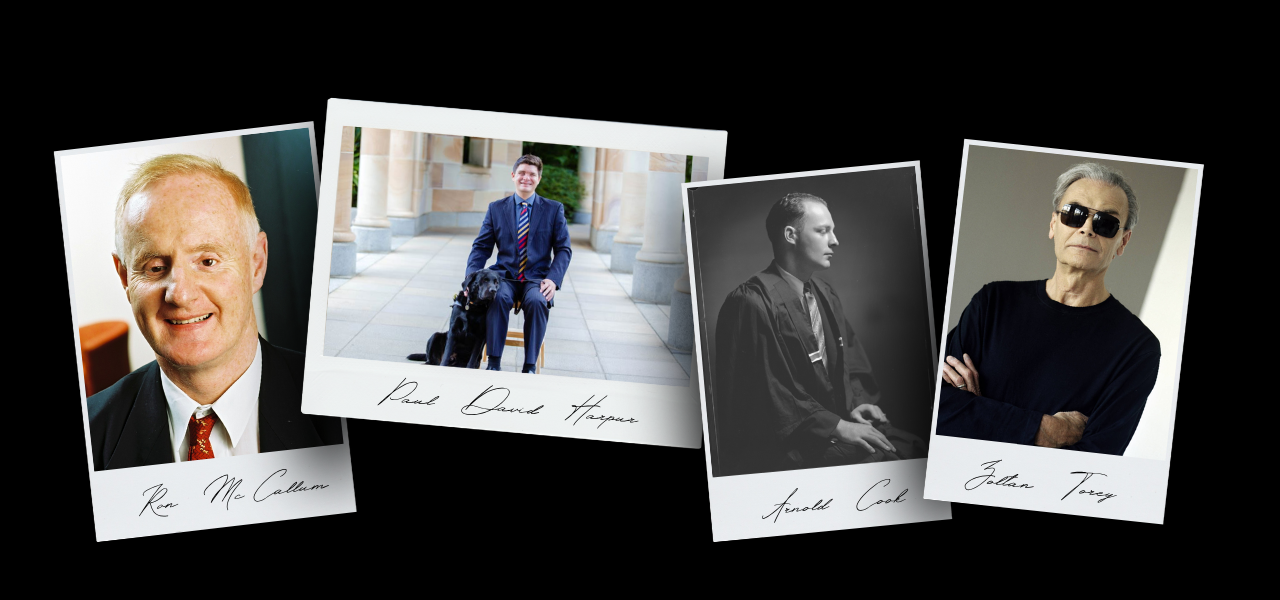Opportunities for the Blind in Australia: Employment
Support for the Blind in Australia Goes Beyond Volunteer Work. While Australia does not mandate employment quotas for people with disabilities, including those who are blind or visually impaired, the debate around their introduction has intensified in recent years. Advocates argue that this measure could significantly improve employment rates among people with disabilities, particularly in the public sector, where implementation is expected to begin.
Quotas and Employment

While the debate around employment quotas continues, Australia is developing and implementing a wide range of initiatives and programs aimed at supporting blind and visually impaired individuals in their desire to work and helping them find employment.
For example, Vision Australia and See Differently — the most well-known organization supporting blind people in South Australia and the successor to the Royal Society for the Blind — focus is to help prepare clients for employment. Their core training elements include résumé writing, interview preparation, and teaching independent navigation skills in urban environments using modern technologies.
Unfortunately, many employers remain hesitant to hire people with disabilities. They fear — sometimes without sufficient reason — that it will involve significant costs for workplace accommodations and create challenges in communication with other staff. Setting up a workstation for someone with severe vision loss can indeed be complex, but this difficulty is often overstated.
Support in Finding and Maintaining Employment
Employers who are not afraid to hire people with limitations in hearing, mobility, or vision often take an active approach to making workplaces not only accessible but also practical and inclusive.
This includes, first and foremost, the physical adaptation of the workplace — proper lighting, removal of mobility obstacles, and the creation of a safe environment. Employers also make use of assistive technologies such as screen-reading software, Braille displays, voice assistants. Documents are often provided in alternative document formats such as Braille, audio, or large-print text.
To support job seekers and help people retain employment, several organizations operate across Australia. The most significant among them include:
- Job Access is a national initiative that provides support and information both to job seekers with disabilities and to their potential and current employers.
- Blind Citizen Australia offers information about employment opportunities for people with vision impairments, along with resources to assist them in finding and securing jobs.
- Vision Australia provides employment consulting services for blind and visually impaired individuals, as well as support to employers for workplace adaptations.
All of the major nationwide organizations mentioned above have local branches in each Australian state. In addition to these, each state has its own infrastructure to support the blind, such as Braille House in Queensland. You can learn more about this organization in a separate article Life on the Edge of the World.
Choosing a Career Path
Choosing a profession is one of the greatest challenges for blind and visually impaired individuals. While new technologies have certainly expanded the range of careers available to those who cannot see, paradoxically, they also paradoxically define and limit them.
Becoming a lawyer, especially one who speaks in court, requires good support at the start and a lot of determination. This is true for any career when you live in a world covered by darkness.
The traditional list of professions commonly and successfully pursued by people who are blind or have low vision, according to Nexus Human Services, includes the following:
- Transcriptionist
- Customer Service Representative
- Massage therapist
- Musician
- Writer
- Financial advisor
- Researcher
- Software Developer
- Counselor (Mental Health Consultant)
- Foreign Language Translator or Interpreter
Of course, this is a very short, some might say tiny, list compared to the many professions blind individuals would like to pursue. Expanding this list requires tremendous effort, not only in terms of technology but also the kind of everyday determination and perseverance that anyone needs to achieve their goals.
Inspiring Stories and People

A personal success story can inspire and uplift, and among Australians who have achieved success, the following individuals stand out:
- Ron McCallum — lawyer and academic.
He was the first person who was blind person to become a professor and serve as dean of the faculty of law at the University of Sydney. His area of expertise is labor law. Professor Ron McCallum also chairs the United Nations Committee on the Rights of Persons with Disabilities.
- Paul David Harpur — lawyer and professor.
Paul Harpur is a six-time Paralympic gold medalist (in goalball and athletics), a lawyer, and a professor at the University of Queensland. He specializes in anti-discrimination law, human rights, and workplace health and safety. Harpur is actively involved in advancing inclusion in higher education and was awarded a Fulbright Future Scholarship.
- Arnold Cook was a lecturer in economics at the University of Western Australia.
He lost his sight as a teenager, but that did not stop him from pursuing an education and later teaching at the University of Western Australia. Arnold Cook is also known for bringing the first guide dog to Australia in 1950 and playing a key role in establishing the country’s first guide dog training center.
- Zoltan Torey — a respected figure in psychology and philosophy.
Zoltan Torey lost his sight due to an industrial accident, but that did not stop him from becoming a well-known psychologist and philosopher in Australia. He authored several books on the philosophy of consciousness and overcame tremendous personal challenges and had to overcome many challenges to continue his academic career.
There is a wide gap between simply having a job to earn a living and doing work that you truly love, and for many blind people, neither of these options feels accessible. However, the stories of individuals like Ron McCallum, Paul Harpur, Arnold Cook, Zoltan Torey, and countless volunteers show that this gap is gradually closing. And one day, it will become very small indeed.
Read our blog A Blind Job Seeker in New Zealand to learn about employment opportunities and support.
